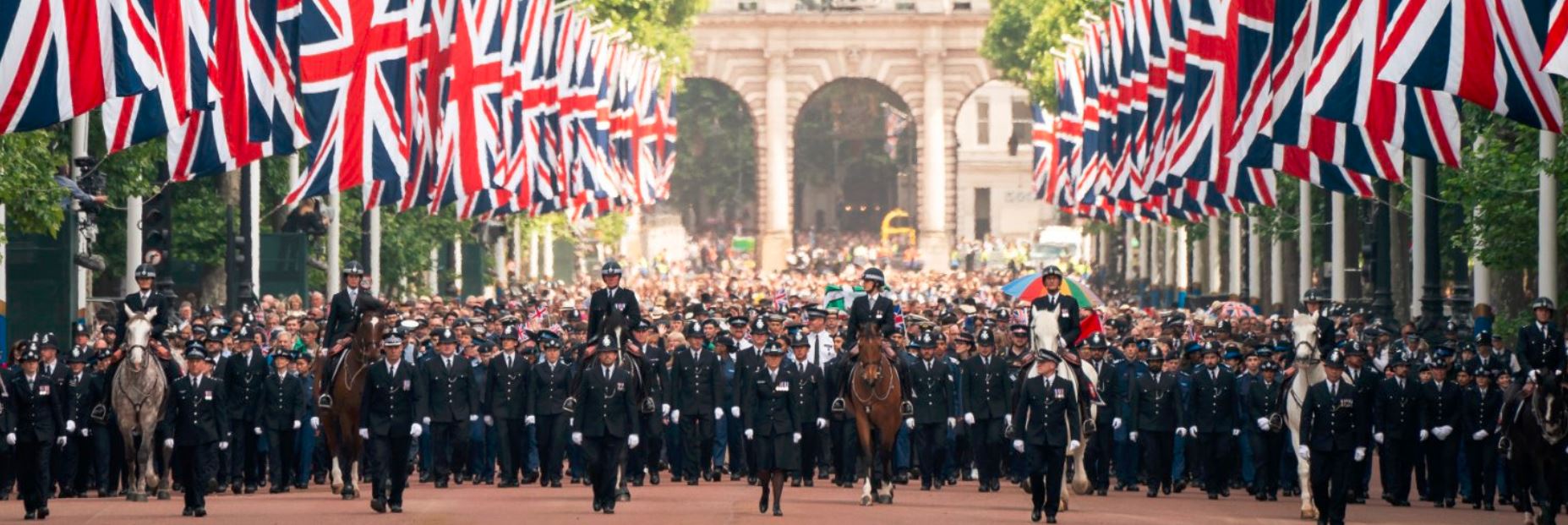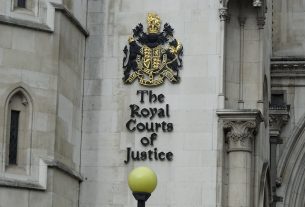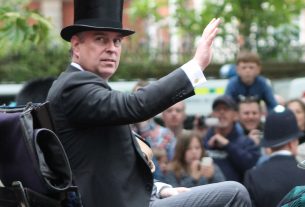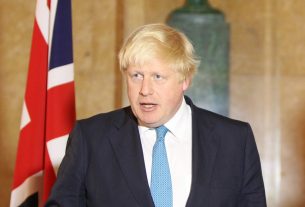The Met Police is institutionally racist, homophobic and misogynistic and needs a “complete overhaul” a landmark report by Baroness Louise Casey has found.
Britain’s biggest police force has lost the trust and confidence of the public it protects, Casey’s report said, warning policing by consent in London is “broken”.
Met Police commissioner Sir Mark Rowley called the findings of the 363 page report “heartbreaking” but drew criticism from former senior officers for refusing to accept the problems are institutional.
Rowley, the head of the Met Police admitted to systemic mismanagement and cultural failings within the force.
Casey’s report comes 24 years after the 1999 Macpherson report into the Met’s handling of the racist murder of black teenager Stephen Lawrence.
His mother, Baroness Doreen Lawrence called the Met Police “rotten to the core” after the publication of the report.
“It comes as no surprise to me that the report from Baroness Louise Casey has found that the Metropolitan police is riddled with deep-seated racism, sexism and homophobia,” said Lawrence.
“My suspicion that racism played a critical part in the failure of the Metropolitan police to properly investigate my son’s death in 1993 was borne out by the Macpherson report.
“Since then, despite repeated reassurances that the Metropolitan police had learned lessons from its failures, discrimination in every form is clearly rampant in its ranks. It is not, and has never been, a case of a few ‘bad apples’ within the Metropolitan police. It is rotten to the core.”
Among the series of shocking findings in Casey’s report, a serving police officer in the capital told Casey’s review that rape detection rates are so low that “you may as well say it is legal in London”.
Director of the End Violence Against Women Coalition, Andrea Simon said: “This damning report leaves the Met nowhere to hide when it comes to the depth of its problems with institutional misogyny, racism and homophobia.
“There is however a long history of such revelations about the Met – including on undercover policing stretching back to the 1980s and beyond, to the findings of the Macpherson report, and numerous police inspectorate reports since – we demand that today’s report finally initiates a tangible shift in the operation of policing in the UK. If not now, then when and at what cost?”
Home secretary Suella Braverman told the Commons there has been “serious failures of culture and leadership” and that the public must not feel threatened by the police.
“Those who are not fit to wear the uniform must be prevented from doing so, and where they are revealed, they must be driven out of the force and face justice,” said Braverman.
Shadow home secretary Yvette Cooper called Braverman’s response to the findings “dangerously complacent” and a continuation of the “hands-off” approach of the Home Office that was criticised by Casey’s report.
“I am concerned that the home secretary’s statement is dangerously complacent,” said Cooper. “Astonishingly there is no new action set out in her response, simply words saying that the Met must change. This is a continuation of the hands-off Home Office response that Baroness Casey criticises in her report.
“Some of the issues raised are particular to the Met because of its size, history, particular culture, where the home secretary and mayor are jointly responsible for oversight and where the commissioner is responsible for delivering. But the report also raises serious wider issues for the Home Office.”
Casey’s report – commissioned following the kidnap, rape and murder of Sarah Everard by serving police officer Wayne Couzens – said the Met needs a “complete overhaul” or risks being broken up.




